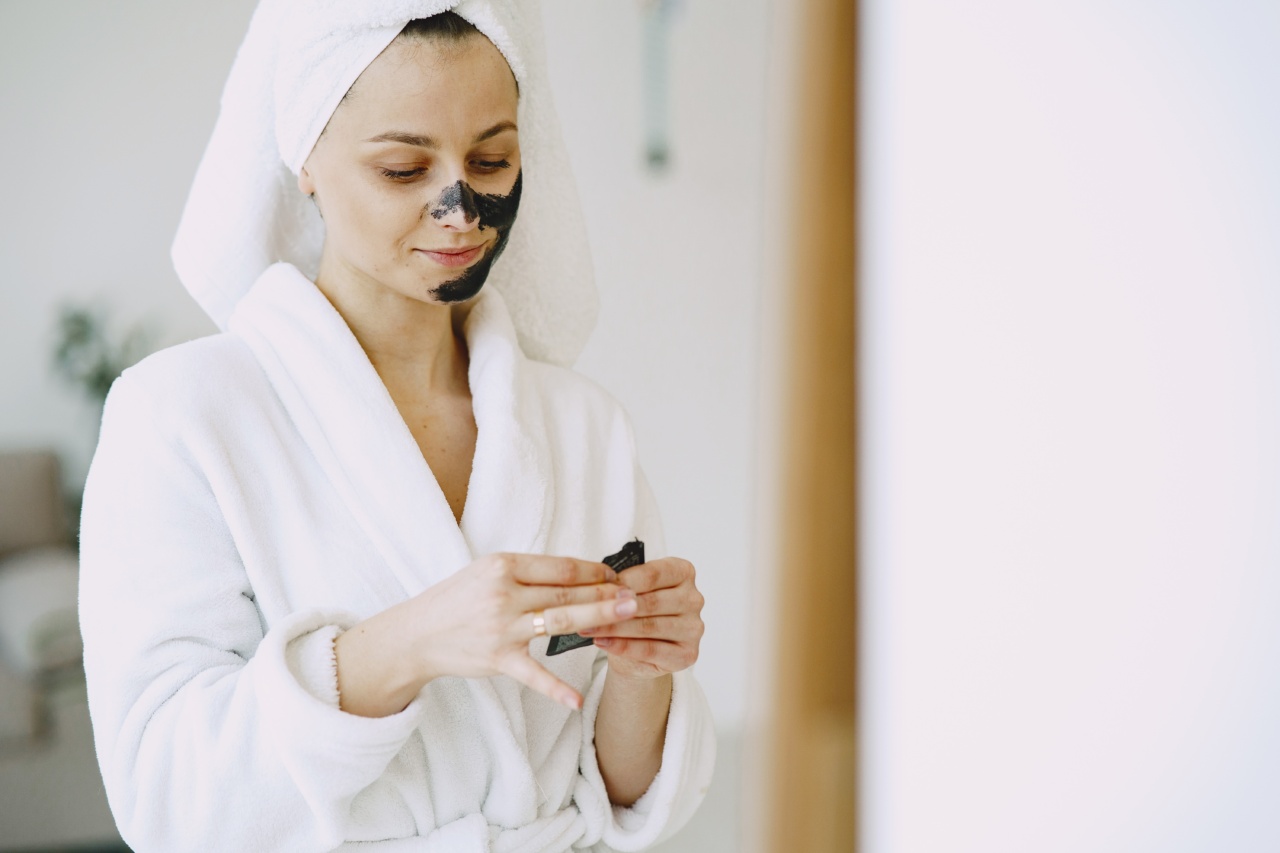Facial spots are a common issue that can affect anyone at any age. The spots can be a result of various factors, including hormonal changes, genetics, exposure to pollutants, and sun damage.
These spots can cause many people to feel self-conscious and reduce their confidence. Fortunately, there are several ways to get rid of facial spots and restore your skin’s health and radiance. In this article, we will take a closer look at the causes and solutions for facial spots.
Causes of Facial Spots
Before treating the problem, it is essential to understand its root causes. Some of the common causes of facial spots include:.
1. Hormonal Changes
Hormonal changes in the body can lead to skin discoloration and dark spots, particularly during pregnancy or menopause. When estrogen levels fluctuate, it can stimulate the production of melanin in the skin, leading to hyperpigmentation.
2. Sun Damage
Exposure to ultraviolet (UV) rays can cause severe damage to the skin, leading to spots, wrinkles, and premature aging. Sun damage can also lead to hyperpigmentation and dark spots, which can make the skin appear dull and uneven.
3. Genetics
Genetics can also play a role in the development of facial spots. Some people are predisposed to experiencing skin discoloration and hyperpigmentation, making them more susceptible to developing spots.
4. Medications
Certain medications can cause facial spots as a side effect. These drugs include antipsychotics, hormone replacement therapy, and chemotherapy drugs.
5. Skin Trauma
Facial skin trauma, such as cuts, burns, and bruises, can also lead to the formation of spots. When the skin is damaged, melanin production increases in the area, leading to hyperpigmentation.
Solutions for Facial Spots
Now that we have explored the possible causes of facial spots let us take a look at the various solutions to treat them.
1. Use Sunscreen
To prevent further damage from the sun, it’s essential to wear a broad-spectrum sunscreen with a minimum SPF of 30. Additionally, protective garments like hats and sunglasses can protect the skin from the sun’s UV rays.
2. Chemical Peels
Chemical peels can help lighten facial spots by removing the top layer of skin where hyperpigmentation is present.
The process involves applying a chemical solution to the skin that peels away the outer layer of damaged skin to reveal brighter and fresher skin underneath. Chemical peels can be done professionally at dermatologist offices or by using at-home treatments. However, it’s advisable to seek professional advice to avoid causing skin burns and other associated risks.
3. Microdermabrasion
Microdermabrasion is a non-invasive skin treatment that involves gently exfoliating the skin.
The process typically uses a handheld device that sprays tiny crystals on the skin’s surface, which helps remove dead skin cells and promotes the growth of new ones. This procedure helps to treat fine lines, wrinkles, and spots by stimulating the circulation of oxygen and nutrients to the skin cells.
4. Topical Treatments
There are several topical treatments available that can help reduce facial spots. Some of the common ingredients to look out for include:.
- Vitamin C: an antioxidant that helps boost collagen production, reducing the appearance of dark spots
- Retinol: a form of Vitamin A that increases cell turnover, revealing healthy and evenly toned skin
- Hydroquinone: a skin lightening ingredient that targets hyperpigmentation by reducing melanin production levels
5. Laser Treatment
Laser treatment can be an effective way of reducing the appearance of dark spots on the skin. The process involves using a concentrated beam of light to target the pigment in the skin cells, breaking it down and causing the body to absorb it naturally.
The treatment is quite effective and requires minimal downtime, but it can be expensive for some people.
Final Words
Facial spots can be unsightly and affect one’s self-esteem. However, there are several solutions available to help reduce and minimize their appearance.
From using sunscreen and topical treatments to going for laser treatment, one can find a solution that works best for them. It’s essential to find out the root cause of the spots before seeking treatment to ensure a better outcome.






























